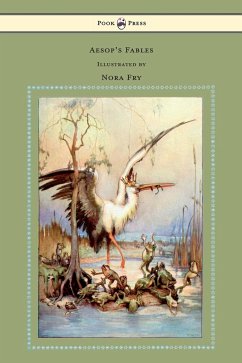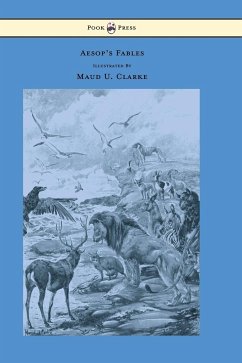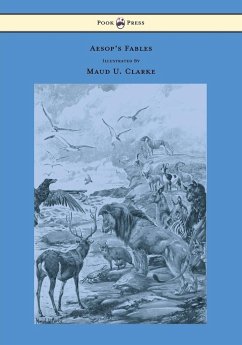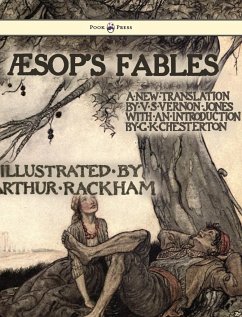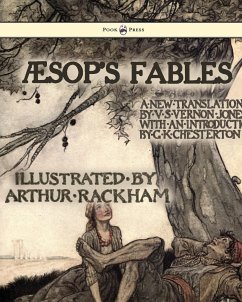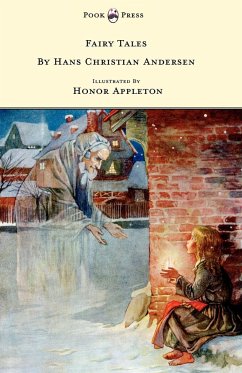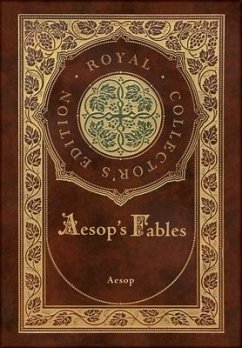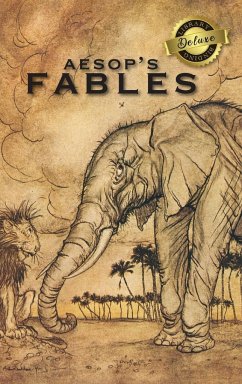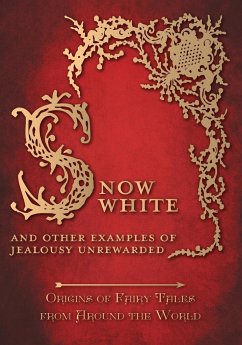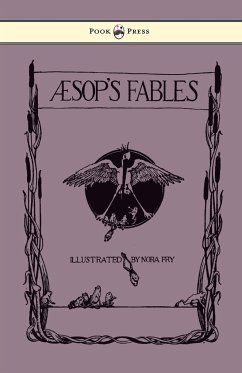
Aesop's Fables - Illustrated in Black and White by Nora Fry
Versandkostenfrei!
Versandfertig in 1-2 Wochen
19,99 €
inkl. MwSt.
Weitere Ausgaben:

PAYBACK Punkte
10 °P sammeln!
A delightful collection of Aesop's Fables densely illustrated in black and white by the humorous and delightful drawings of Nora Fry. Pook Press celebrates the great Golden Age of Illustration in children's literature. Many of the earliest children's books, particularly those dating back to the 1850s and before, are now extremely scarce and increasingly expensive. Pook Press are working to republish these classic works in high quality editions, using the original text and artwork so these works can delight another generation of children.




